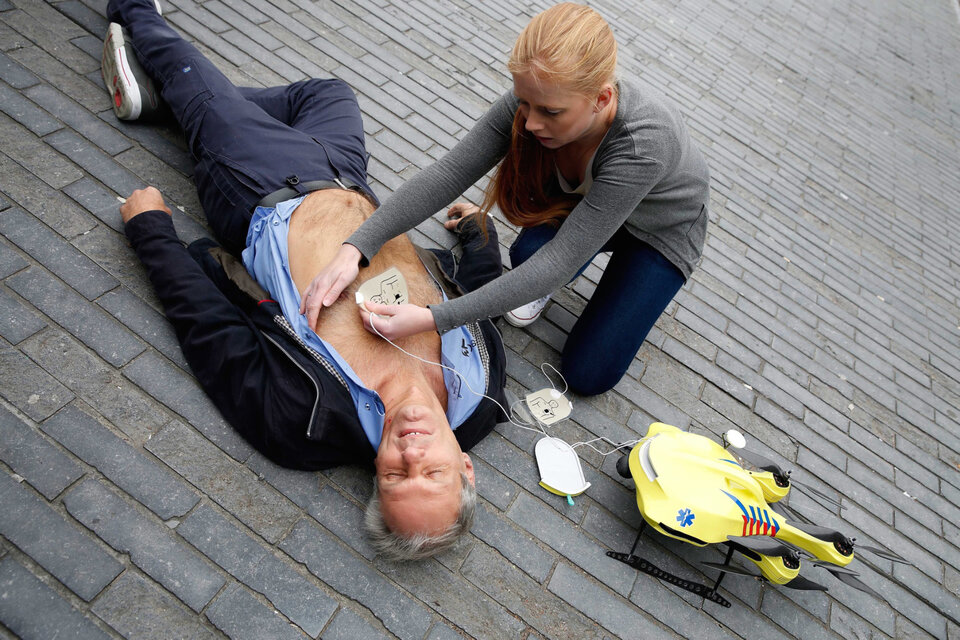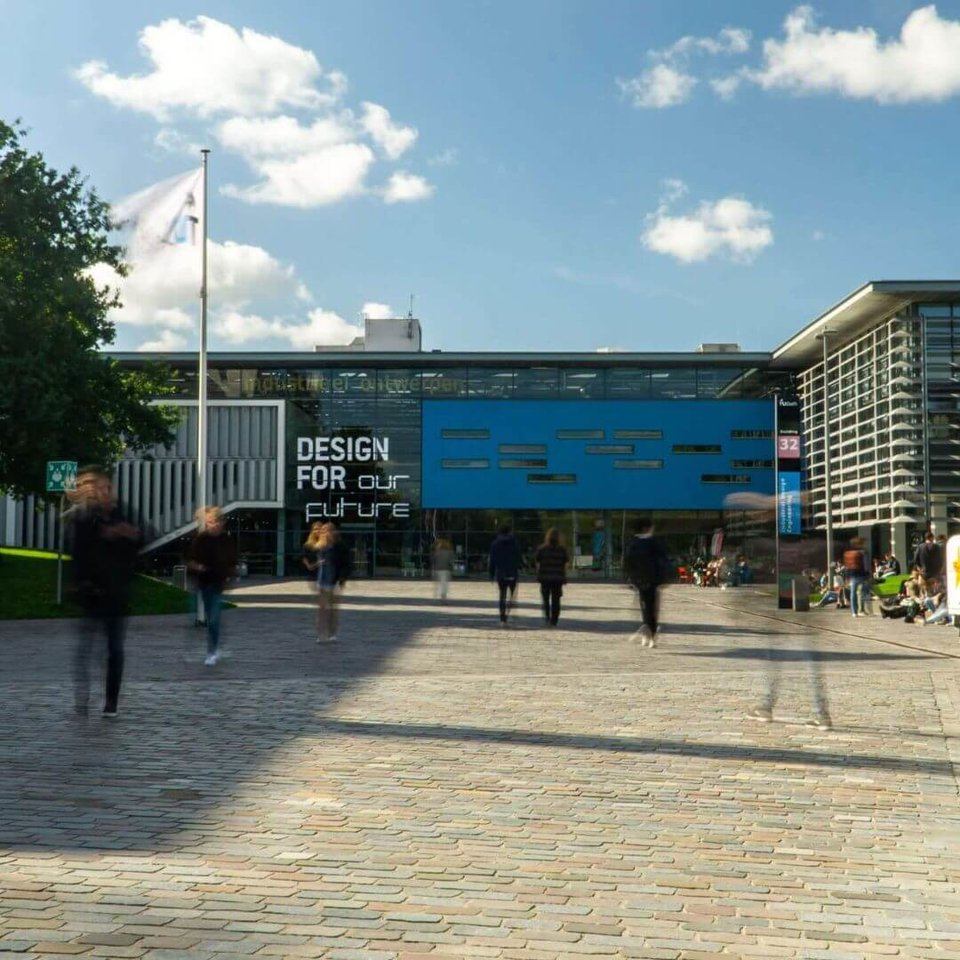Programme
The Master's in Design for Interaction (DfI) is a two-year programme. The first year covers general competences through the faculty core and programme core courses related to human-centred design. You will also be able to shape your own learning path by choosing courses along three themes. In the second year, you will specialise (deepen or broaden) your scope in a free elective semester and conduct your graduation project in the final semester.
In order to complete the DfI MSc programme, students should complete the core courses (two faculty core, three programme core courses, and a design studio), a programme elective part (three programme electives and a design studio), a free elective part (worth 30 ECs) and the graduation project.
Programme Overview
Semester 1
Semester 2
Course Descriptions
The different course types are explained below.
-
These compulsory courses bring together all Industrial Design Engineering master’s students, offering them the opportunity to share their experiences and perspectives.
- Faculty Core 1: Delft Lectures on Design
5 EC, Fall Semester - Q1
This course explores how design addresses current disciplinary and societal challenges. It also addresses historic models, technological change, and societal drivers in relation to contemporary discourse in research and design.
- Faculty Core 2: Design Processes and Practices
5 EC, Spring Semester - Q3
This course equips students with theoretical foundations and practical insights that foster critical thinking and reflecting by delving into key concepts, methods, and emerging technology-design interconnections.
- Faculty Core 1: Delft Lectures on Design
-
These courses introduce DfI students to the core of human-technology relationships and their implications at various scales of life, from individual, to social to global, in terms of theoretical grounding, core competencies and research methods. Additionally students complete a related design studio project about the process of designing for meaningful interactions.
- Human-Centred Design (and Beyond)
5 EC, Fall Semester - Q1
This methodological course introduces students to human-centred design and the research it is grounded in such as human factors, wellbeing and behaviour. This is done through exercises that focus on researching context for framing and understanding human concepts for formgiving.
- Consequences of Design
5 EC, Fall Semester - Q2
This course helps students to gain the conceptual and theoretical tools to consider the broader human and societal consequences of their designs, exploring various perspectives such as political economy, race, gender, and the environment.
- Research to/for/through Design
5 EC, Fall Semester - Q2
This course introduces students to design research and research through design, covering quantitative, qualitative and design research methods. It also delves into the distinctions between methods and methodology and exploring the relationship between design and epistemology (i.e., how design benefits from and contributes to the creation of knowledge).
- Design Studio 1: Dare to Design Studio
10 EC, Fall Semester - Q1 & Q2
This design studio focuses on immersing students in context, guiding them to frame challenges, conceptualise interactions, and prototype design. This is done by using design methods and building a grounded design rationale.
- Human-Centred Design (and Beyond)
-
Programme electives and related design studios are advanced courses that are tailored for programme-specific competences. Each of these electives belongs to a theme which is linked to areas of expertise within the faculty.
- Design for Emerging Sustainable Futures
This theme focuses on the future-oriented aspects of design, encompassing responses to emerging worldviews, responsible use of technology and suitable methodologies. It also delves into concepts, terms and approaches from the arts, social sciences, and humanities. Read more about this theme and its courses here.
- Design for Human Interaction
This theme focuses on understanding human needs in context and creating usable designs that foster meaningful and pleasurable experiences. This enables students to enhance their ability to connect human needs to design features and achieve practical impact through testing. Read more about this theme and its courses here.
- Design for Societal Innovation
This theme is about understanding people within broader societal contexts to tackle issues such as sustainability, health, energy and more. This is done through societal innovation knowledge, contextual research skills, and collaborative methods. Read more about this theme and its courses here.
- Design for Emerging Sustainable Futures
-
There are different options to fill up this 30EC elective space. You can follow (elective) courses and projects offered by the IDE faculty, other TU Delft faculties or Dutch universities, an internship (max 15 ECs) or study abroad.
Read more about these options here: Free elective space opportunities .
-
This is the final educational activity when doing an MSc in Industrial Design which results in an MSc thesis. The graduation project is worth 30 ECTS.
Programme Themes
Explore the links below to find out more about the DfI MSc programme's themes:
Specialisations
There are several specialisations for this master’s programme.

